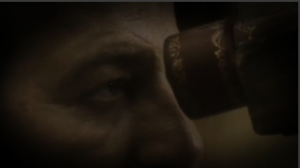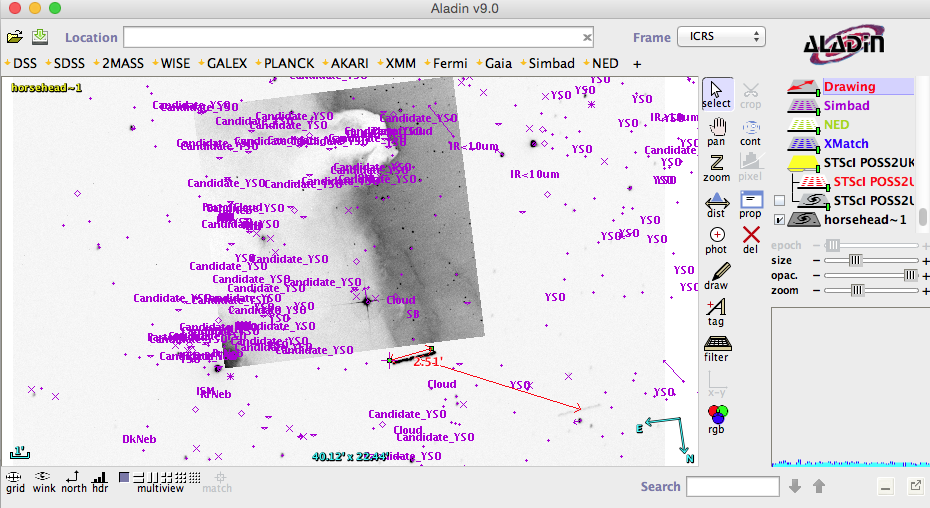400 Years of the Telescope: The Film on PBS!
Visit at AMNH (what is that?) :-)
April 13, 2009Another Asian country with access to space?
April 15, 2009Hello,
If you live in the US or can watch PBS from your country, you should know that a film by Interstellar Studios to commemorate 400 Years of the Telescope is premiering this week.
Here are the KQED and KQED Hi Def schedule:
Tuesday, April 14 — 09:00pm
Wednesday, April 15 — 03:00am
Wednesday, April 15 — 08:00pm 0189 – KQED Life-Encore
Thursday, April 16 — 02:00am 0189 – KQED Life-Encore
Sunday, April 19 — 07:00pm 0009
Monday, April 20 — 01:00am 0009
A description of the movie can be found on their web site.
Preview of the movie which will give you a flavor of the quality of this broadcast is available as well on their web site.
The producer and the film’s composer were interviewed on the Institute’s radio show Are We Alone? back in January for the “Scoping Out Astronomy” episode. By the way, I encourage you to subscribe to this show if you want to get an update about Astrobiology in general.
Here a description of the show from their web site.
400 Years of the Telescope
A journey of science, technology and thought
Panoramic visuals, cutting-edge technologies and introspective contemplations position 400 Years of the Telescope as the must-see cinematic feature for the International Year of Astronomy in 2009.
Beautifully photographed in 4K resolution digital cinematography, the film is a visually stunning chronicle of the history of the telescope from the time of Galileo, its profound impact upon the science of astronomy, and how both have shaped the way we view ourselves in the midst of an infinite universe.
The Interstellar Studios production team traveled the globe to interview leading astronomers and cosmologists from the world’s renowned universities and observatories. The producers sought the most acute minds at great astronomical centers including the European Southern Observatory, Institute for Astronomy, SETI Institute, Space Telescope Science Institute, Anglo-Australian Observatory, and Harvard University. They journeyed across five continents to visually write the story of the past and the future of telescopes, astronomy, and our ever-changing perception of the cosmos.
Compelling interviews throughout the film leave no stone unturned. A carefully chosen array of today’s leading astronomers explain concepts ranging from Galileo’s act of revealing the telescopic cosmos to humanity and challenging religious teachings of the day, to the latest discoveries in space, including startling new ideas about life on other planets and dark energy – a mysterious vacuum energy that is accelerating the expansion of the universe.
On the horizon, viewers learn of emergent telescopes the size of stadiums. With unprecedented resolution and light gathering, these enormous new instruments will look back to the initial moments of the Big Bang and – like Galileo’s first telescopic observations – will reshape our model of the universe.
Thanks to Roseann Devasto and Barbara Vance for providing various items that I used in this post.
We will most likely organize a private viewing at SETI Institute and UC-Berkeley in the following days.
Let me know what you think about it.
Franck M.




1 Comment
I am plannign to buy Celestron Astromaster 130 AZ Telescope
here is the specs suggest me good one
Newtonian Reflector
130 mm (5.12 in)
650 mm (26 in)
f/5
20 mm (0.79 in)
33 x
10 mm (0.39 in)
2 65 x
Built-on StarPointer
307 x
19 x
13.1
1.07 arc seconds
0.89 arc seconds
(Compared to human eye) 345 x